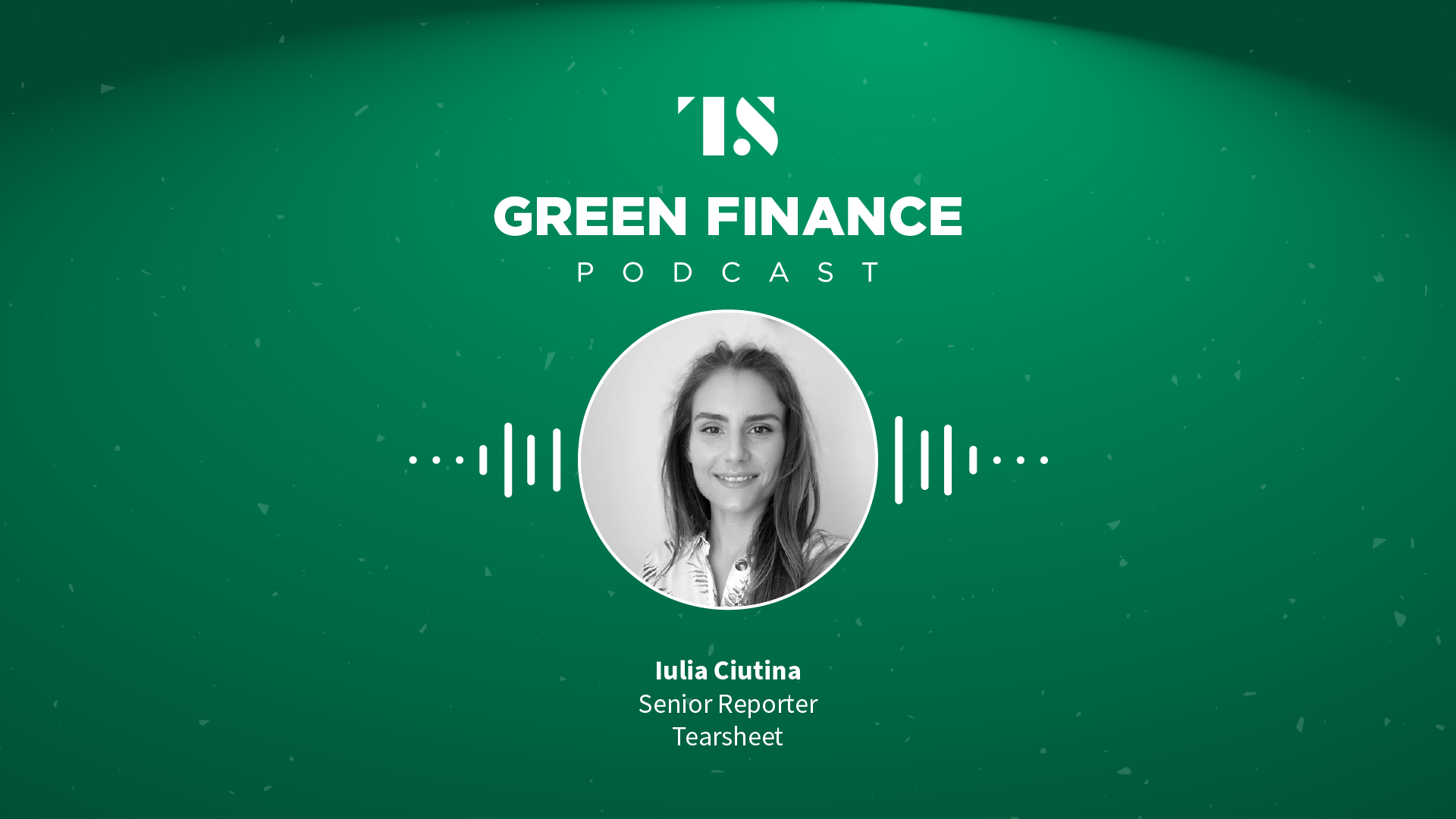The Green Finance Podcast
The Green Finance Podcast Ep. 4: How banks can leverage carbon data to enable a net zero future with Doconomy CEO Mathias Wikström
- In order to reach net zero targets, we need to be able to quantify the emissions of our everyday activities - and that includes financial actions, as a consumer and enterprise level.
- In this latest episode, I chat with Mathias Wikstrom, CEO of Doconomy, which provides data services that help businesses monitor and assess their environmental footprint based on transactional and financial data.








